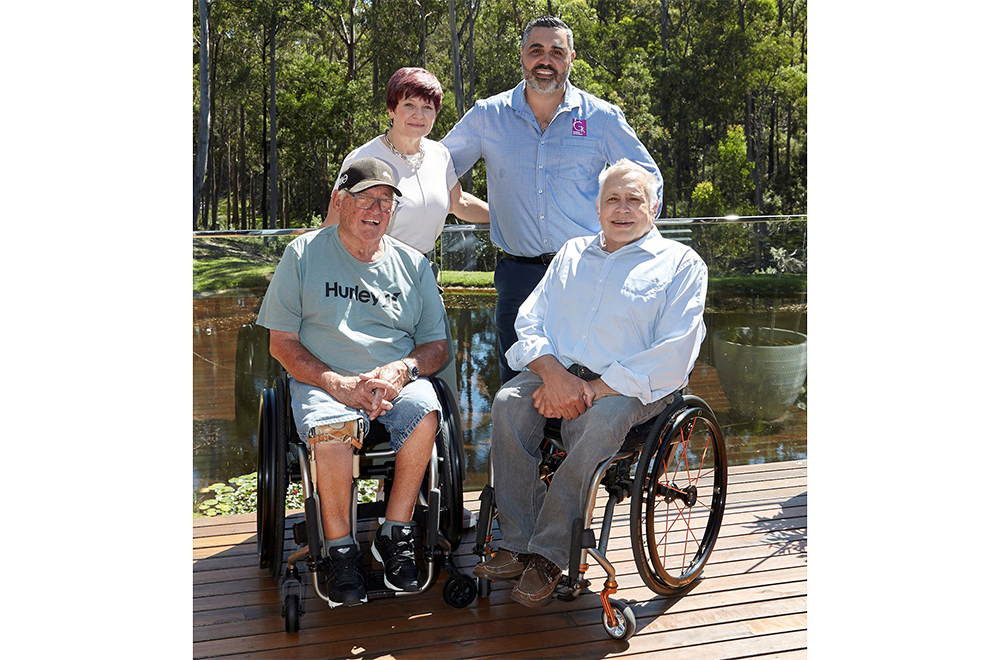Two Paralympians are fighting what they believe is ageism when it comes to the National Disability Insurance Scheme.
Ron Finneran and Chris Sparks have much in common, from relying on wheelchairs for mobility and being separately awarded an Order of Australia for their work championing the rights of those with disability. However, when it comes to accessing the NDIS they discovered life is very different because of when they were born.
As highlighted in the recent Royal Commission into Aged Care Quality and Safety, Australia’s aged care system fails badly when it comes to supporting seniors like Finneran who has significant disabilities and was deemed ineligible, being over 65, when the scheme rolled out in the Bega Valley, NSW. Sparks was one of the lucky applicants. He was 58 when he successfully applied for the NDIS.
“One of the major benefits I receive from the NDIS is support for the significant cost of essential items such as my wheelchair, home/vehicle modifications and a number of other devices that enable me to live an active life”, Sparks said.
However, Finneran was left with few options when it came time to updating his custom-made titanium wheelchair. He reached out to the Physical Disability Council NSW (PDCN) where he is a member, for advice. PDCN regularly conducts workshops and consultations in the Bega Valley as the peak body representing those with physical disability in NSW.
PDCN CEO, Serena Ovens, said she was able to include Finneran in a one-off application for support from the Walter and Eliza Hall Trust that funds a range of equipment for people with disability. “This trust is a boon for PDCN, as we were able to request much needed equipment for Finneran and others like him who don’t qualify for the NDIS and do not have the funds to pay for it themselves.”
PDCN has sought legal advice on how to challenge the NDIS rule for people aged over 65 years and will also make a submission to the upcoming review of the NDIS Act legislation, due in the next couple of months, calling for changes in the Act so those with significant disability over 65 are not disadvantaged.
Ovens told F2L the organisation has spoken with opposition NDIS Minister Bill Shorten about these concerns, “to which he concurs.” Ovens is also meeting soon with NSW Disability Minister Gareth Ward.
“The over-65’s also have limited ability to access funding under an aged care package,” she said. “Funding levels are very low and if they are paid for a wheelchair like Ron’s it would take more than his whole year’s package funds to cover the cost. For those on My Aged Care it usually means asking for ‘special consideration’ for specialised mobility equipment which is time consuming and not always funded.
“The Aged Care Commission recommendations clearly state that people with disability are highly disadvantaged in comparison to their NDIS counterparts, particularly with mobility equipment,”she said.
According to Ovens it was important to support seniors with disability. “The government needs to act on the Commission recommendations and ensure that anyone with a disability is able to access vital equipment in the same way, and to the same value, as those on the NDIS. Or better still, open the NDIS to anyone with a significant disability who can meet the criteria, no matter their age.”
Sparks reached out to George Ajaka from GTK, a specialist mobility business with the close collaboration between PDCN and GTK, leading to Finneran receiving a new wheelchair.
Image: Serena Ovens, George Ajaka, Chris Sparks and Ron Finneran.

